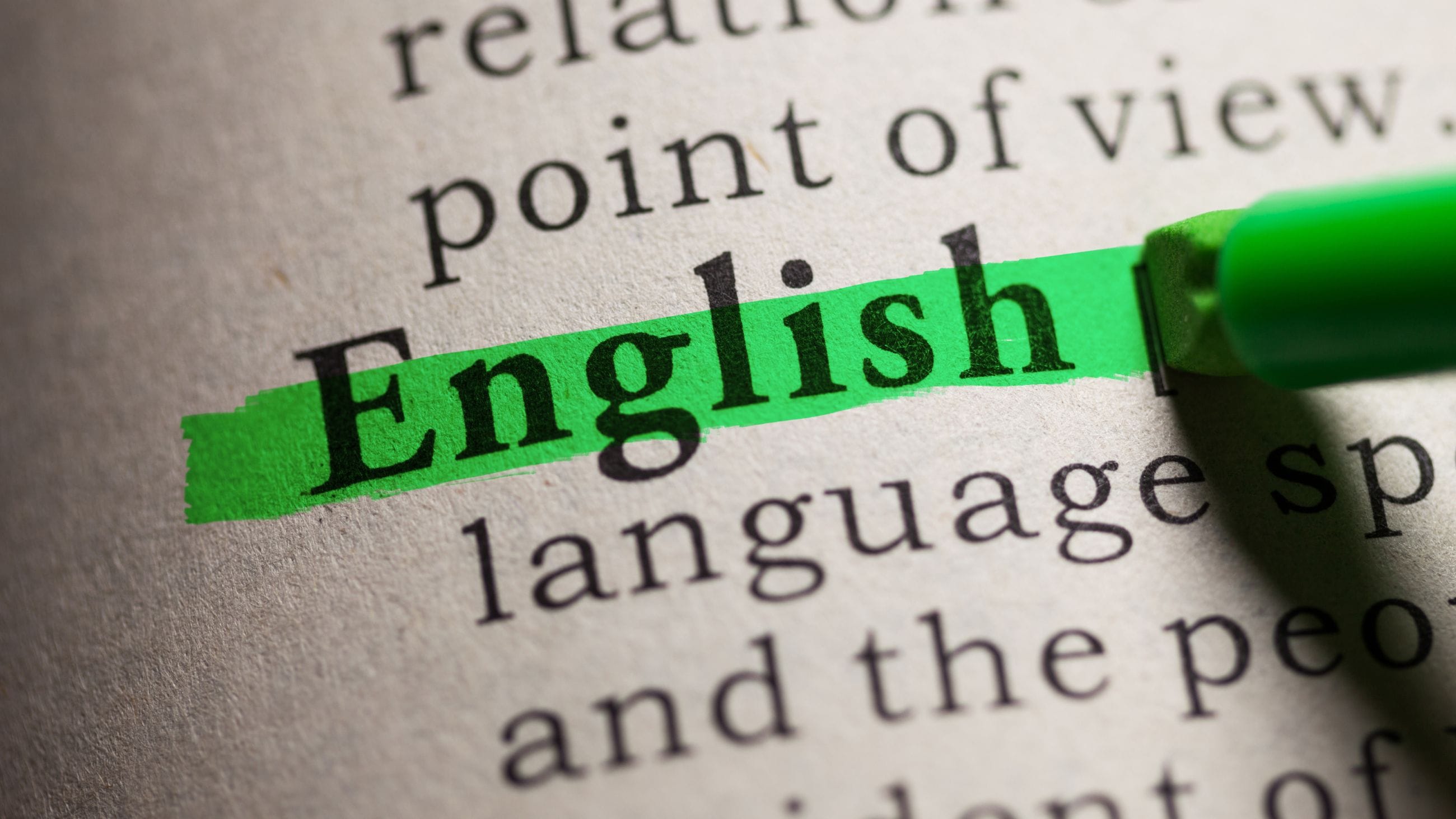NECTA Form Four English Language
Most Repeated Examination Questions & Preparation Guide
Mastering the NECTA English Language Exam
The National Examinations Council of Tanzania (NECTA) Form Four English Language examination tests students' proficiency in reading, writing, and comprehension. By understanding the recurring question patterns and focusing on key areas, students can significantly improve their performance. This comprehensive guide highlights the most repeated question types across all paper sections.
Paper 1: Language Skills
Section A: Comprehension and Summary
This section typically contains a passage followed by questions that test understanding, vocabulary, and summary skills.
1. Comprehension Questions
These questions require careful reading and understanding of the given passage:
- Direct Information Questions: Asking for specific details mentioned in the text.
- Inference Questions: Requiring students to read between the lines and deduce meaning.
- Vocabulary Questions: Testing understanding of words in context, often asking for synonyms or antonyms.
- Main Idea Questions: Asking students to identify the central theme or purpose of the passage.
2. Summary Writing
This is a consistently repeated question type where students must:
- Condense a passage to a specified word limit (usually 60-80 words)
- Focus on main points while omitting minor details
- Use their own words while maintaining the original meaning
- Ensure grammatical correctness and coherence
Section B: Pattern and Vocabulary
This section tests grammatical knowledge and vocabulary application.
3. Grammar and Structure
Common grammar topics that frequently appear include:
- Tenses: Particularly present perfect, past perfect, and future perfect tenses
- Conditional Sentences: All three types (real, unreal, and past unreal conditions)
- Reported Speech: Converting direct speech to indirect speech with appropriate changes
- Active and Passive Voice: Conversion between active and passive constructions
- Prepositions: Correct usage in various contexts
- Articles: Appropriate use of 'a', 'an', and 'the'
4. Vocabulary Questions
Repeated vocabulary question types include:
- Word Formation: Creating different forms of words (nouns from verbs, adjectives from nouns, etc.)
- Synonyms and Antonyms: Providing words with similar or opposite meanings
- Word Usage: Using words correctly in sentences
- Phrasal Verbs: Understanding and using common phrasal verbs appropriately
Paper 2: Composition and Literature
Section A: Composition Writing
This section requires students to demonstrate their writing skills through different composition types.
5. Essay Writing
Common essay types that frequently appear include:
- Argumentative Essays: Presenting and supporting a viewpoint on a controversial topic
- Narrative Essays: Telling a story with a clear beginning, middle, and end
- Descriptive Essays: Creating vivid descriptions of people, places, or events
- Expository Essays: Explaining or informing about a specific topic
6. Letter Writing
Letter writing is a consistently tested skill with common formats including:
- Formal Letters: To officials, organizations, or for job applications
- Informal Letters: To friends or family members
- Letter to the Editor: Expressing opinions on current issues
Section B: Literature
This section tests understanding of prescribed novels, plays, and poetry.
7. Character Analysis
Frequent question types include:
- Describing main characters and their traits
- Analyzing character development throughout the story
- Explaining relationships between characters
- Discussing how characters represent certain themes or ideas
8. Theme and Plot Questions
Common literature questions focus on:
- Identifying and explaining major themes in the text
- Summarizing key plot events
- Analyzing the significance of specific events or scenes
- Discussing the message or moral of the story
9. Poetry Analysis
For poetry sections, common questions include:
- Identifying and explaining poetic devices (metaphor, simile, personification, etc.)
- Discussing the theme and message of the poem
- Analyzing the structure and rhyme scheme
- Interpreting the poet's attitude or tone
Exam Preparation Strategies
- Practice Past Papers: Familiarize yourself with question formats and time management.
- Expand Vocabulary: Regularly learn new words and their usage.
- Read Widely: Exposure to different writing styles improves comprehension and writing skills.
- Master Grammar Rules: Focus on areas where you consistently make errors.
- Plan Your Essays: Always create an outline before writing to ensure coherence.
- Review Literature Texts: Create character and theme summaries for quick revision.
By focusing on these frequently tested areas and practicing regularly, students can approach the NECTA English Language examination with confidence and significantly improve their performance.


No comments
Post a Comment